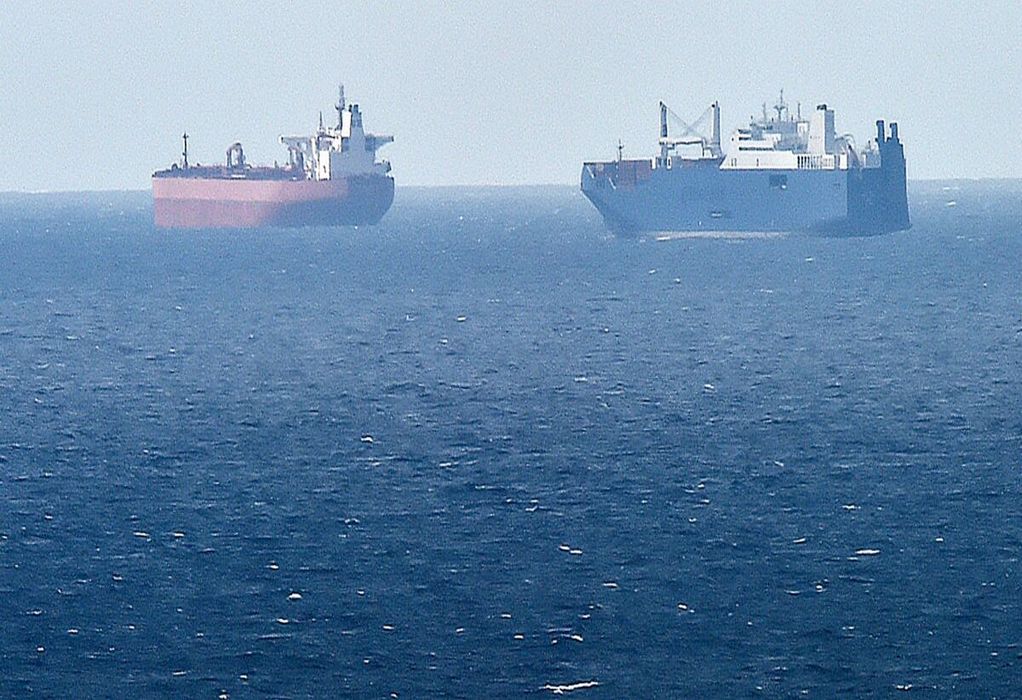China’s clean marine fuel exports rose 21% in the first two months of 2022 from a year ago, following an increase in Beijing’s export quotas, customs data showed.
Exports of low-sulphur fuel oil reached 3.64 million tonnes in January and February, up from 3.02 million tonnes in the corresponding period last year, data from the General Administration of Customs showed.
China granted allowances of 6.5 million tonnes for exports of the clean bunker fuel to five refiners in its first 2022 allotment, up 30% from the first batch for 2021.
Chinese oil refiners have been expanding production capacity for clean marine fuel after the government pledged to establish a regional bunker refuelling hub in the coastal region.
Analysts from China-based energy consultancy Longzhong estimated that the country’s bonded low-sulphur marine fuel output hit 2.22 million tonnes in the first two months of 2022, up 34.1% from a year earlier.
Total production capacity of the fuel stood at nearly 21 million tonnes in 2021, a jump of 54% from the previous year.
Prices of low-sulphur fuel oil hit a record $975 a tonne at the bunker hub of Zhoushan, tracking a surge of global crude oil benchmarks amid supply concerns following Russia’s invasion of Ukraine.
Refiners will be encouraged to crank up production of marine fuel, which is not restrained by retail price caps on refined oil products, to cash in on high refining margins.
Source: Reuters
Tags: China, Exports, Marine Fuel, Refineries, VLSFO



Recent Posts
FRV Partners with Envision Energy on Green Ammonia Project in Brazil
Hamburg Trials HVO 100 Biofuel for Port Fleet as Interim Decarbonization Measure
CUMTA considers water metro linking ECR and Napier bridge
BSM unveils methanol bunkering simulator to equip seafarers for greener shipping
DPA commissions India’s first Make-In-India green hydrogen plant at Kandla
Port of Tauranga to Trial New Zealand’s First Fully Electric Straddle Carrier
OceanScore Crosses 2,300-Vessel Mark as Demand for Compliance Solutions Grows
HD Hyundai and H-Line Shipping Collaborate on AI-Powered Autonomous and Eco-Friendly Vessel Technologies